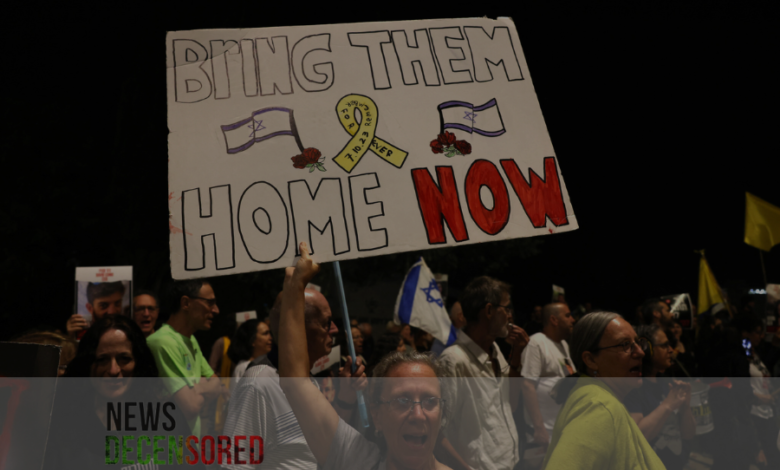Israel sends a team to finalize deal with Hamas, hostage release

On the heels of the major diplomatic gesture, now, in a significant step, a high-level Israeli delegation has reached Cairo to finalize the course of their action to clinch the elusive deal, which would pave the way for the release of hostages languishing in Gaza. It has come in the background of the heightened tensions and the ongoing conflict of Gaza by the two enemies at a critical juncture in the Israel-Hamas dynamics.
A senior Israeli government and security services delegation was landing in the country with the task of ensuring a deal over the safe release of hostages captured in the recent eruptive events. These affirm that this action is constituted with great urgency and commitment to protecting her citizens.
The tensions between Israel and Hamas have surfaced repeatedly over the years. Hostage-taking has become a common tactic in conflict resolution, while Hamas uses it for negotiations with Israel. Heavily now, this tactic is running in this recent surge of violence, thus resulting in international concern and urging for a peaceful end to the conflict.
The primary agenda for Israel in such negotiations is the immediate release of the hostages unconditionally. The Israeli government has time and again said that the safety and freedom of all its citizens—army personnel or civilians—are of prime concern to the administration. The delegation’s work is hardly some diplomatic protocol; instead, it is an urgent delegation aimed at providing relief to aggrieved families who have been suffering at the hands of these hostage dramas.
On the other hand, Hamas has already used the hostages as leverage to gain concessions from Israel. These varied from freedom of the arrested Palestinian prisoners in Israeli jails to economic or political benefits that would strengthen the grip of Hamas in Gaza.
The international community has sat on the fence, and statements by various government and nongovernmental agencies expressed officially the will to see efforts geared towards ending the hostage crisis. The United Nations and other NGOs have lent their services to see relationships built and other crises managed through arbitration. The other blocs of nations that have actively been involved in this whole process are Egypt and Qatar. These two countries have had a say in the region’s politics because of their geostrategic position; the two countries have also leveraged their relationships with Israel and HAMAS in building and propagating the culture of discourses.
With so much at stake and a fierce urgency to propel deliberation into resolution, multiple difficulties still riddle the plan. The demands by Hamas are expected to be high, and the government of Israel has internal pressures to not give in to concessions that might appear to be capitulating to terrorism tactics.




